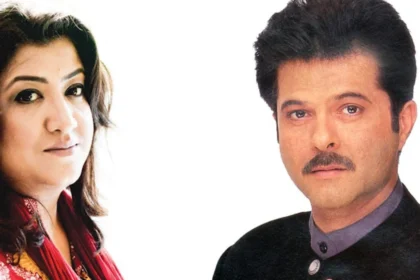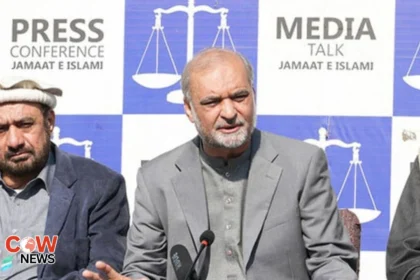SRINAGAR ( The COW News Digital) People in Indian-occupied Jammu and Kashmir observed India’s Independence Day on August 15 as a “Black Day,” declaring it a reminder of continued occupation, oppression, and denial of their right to self-determination.
According to the Kashmir Media Service, the All Parties Hurriyat Conference (APHC) called for a complete shutdown across the valley to protest what they described as decades of Indian military control and human rights violations. In its statement, the APHC urged the “brave and resilient people of Kashmir” to stay indoors, close businesses, and refrain from all commercial activities as a sign of peaceful defiance.
Hurriyat leaders said that while India celebrates its independence, for Kashmiris the date symbolizes “slavery, illegal occupation, and relentless oppression.” They stressed that marking the day as Black Day is intended to send a clear message to the international community that Kashmiris reject Indian rule and remain steadfast in their demand for freedom.
Soon after the announcement, Indian forces intensified security crackdowns across the territory. Raids were conducted in several districts, dozens of young men were detained, and mobile internet services were suspended to prevent protests and large gatherings.
Despite heavy deployments and restrictions, young Kashmiris took to the streets and rooftops in parts of the valley, hoisting black flags and waving Pakistan’s national flag. Banners condemning Indian occupation and calling for freedom were displayed in key areas. Anti-India graffiti and pro-freedom wall writings appeared in various towns, underscoring the defiance of the local population.
In the lead-up to August 15, Hurriyat leaders and activists also marked Pakistan’s Independence Day on August 14 as a “Day of Gratitude,” expressing appreciation for Pakistan’s political and moral support for the Kashmiri cause. Special prayers were offered for peace and the success of the ongoing struggle for self-determination.
Witnesses reported that the atmosphere in many towns remained tense throughout the day, with a noticeable increase in checkpoints, searches, and surveillance by Indian forces. Civil society groups condemned the crackdown, saying it further highlighted the absence of democratic freedoms in the disputed territory.
Political analysts say the observance of Black Day each year reflects the deep political divide and ongoing resentment toward Indian governance in the region. Calls for a peaceful resolution, they note, continue to be met with hardline security measures rather than dialogue.







